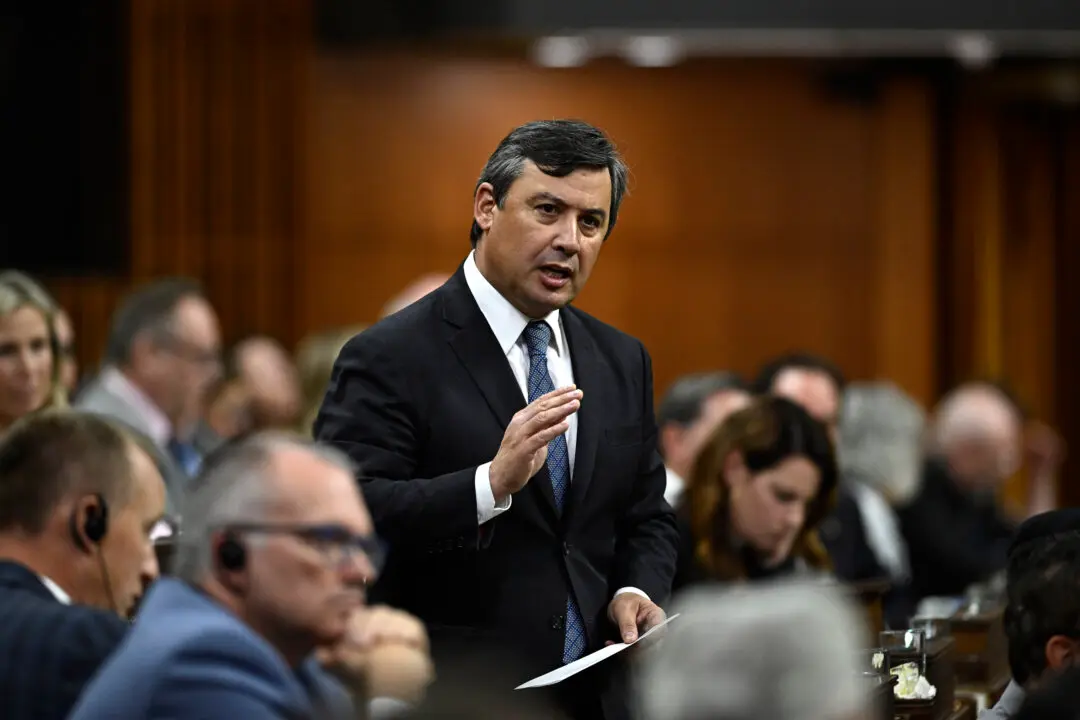The Conservatives are pressing the Canadian government to condemn Hong Kong authorities as they impose arrest bounties on more self-exiled democracy activists.
“Conservatives condemn the Hong Kong government’s ongoing effort to intimidate individuals living in democracies standing up for human rights and democracy, including those from Canada,” Conservative MP Michael Chong wrote in an X post on Dec. 16.





